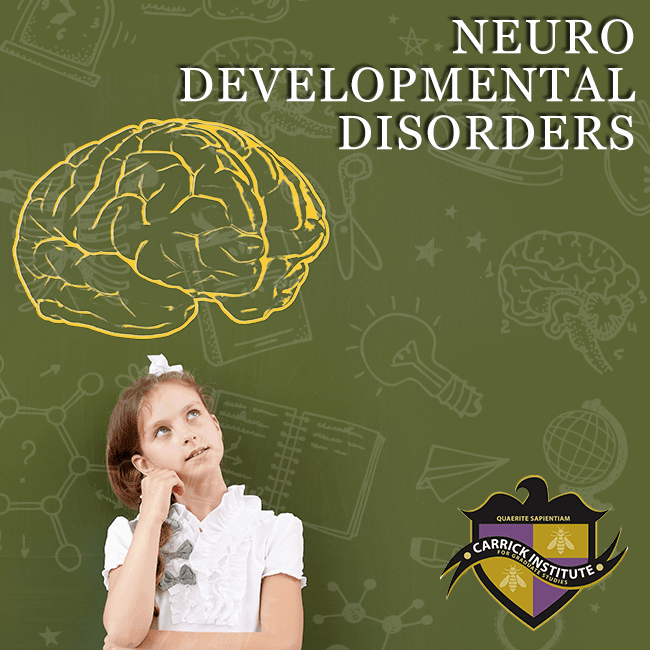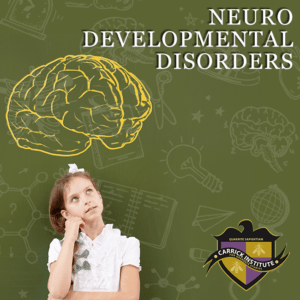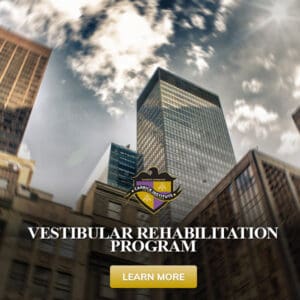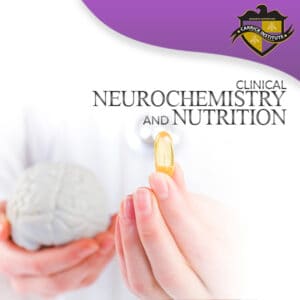In order to deliver effective and powerful care, an understanding of the “how” and the “what” is critical. Understand the Physiology and the Pathophysiology of Neurodevelopmental Disorders.
Topics Discussed in Module 1 include:
- Physiology
- Neural development
- Spatial and Temporal Coherence of the sensory development
- Spatial and Temporal Coherence of the motor development
- Development and shaping of the limbic system
- Disruption of CNS development (Pathophysiology)
- Neural tube & defects
- Inborn errors of Metabolism
- Developmental coordination disorders
- Developmental intellectual disorders
- Developmental pervasive disorders
- Polyvagal theory and its application to developmental disorders
Module 2: ADD, ADHD, ODD, OCD, PDD-NOS..and the Rest of the Alphabet Soup
- Executive Dysfunction Disorders
- ADD/ADHD
- Major diagnostic categories and terminology – DSM-V
- Proposed causes
- Comorbidities
- Pathophysiology
- Developmental Intellectual Disorders
- Learning and Language Disorders
- Major diagnostic categories and terminology – DSM-V
- Proposed causes
- Comorbidity
- Pathophysiology
- Behavior Disorders
- OCD
- Major diagnostic categories and terminology – DSM-V
- Proposed causes
- Comorbidities
- Pathophysiology
- Anxiety
- Major diagnostic categories and terminology – DSM-V
- Proposed causes
- Comorbidities
- Pathophysiology
- Developmental Pervasive Disorders
- PDD-NOS
- Major diagnostic categories and terminology – DSM-V
- Proposed causes
- Comorbidity
- Pathophysiology
- ODD
- Major diagnostic categories and terminology – DSM-V
- Proposed causes
- Comorbidity
- Pathophysiology
- Developmental Coordination / Sensory Disorders
- SMD – Sensory Modulation disorders
- Major diagnostic categories and terminology – DSM-V
- Proposed causes
- Comorbidity
- Pathophysiology
Module 3: Understanding the Spectrum (Part I)
- Major diagnostic categories and terminology – DSM-V
- Identifying Characteristics
- Developmental course
- Social interactions
- Communication skills
- Proposed causes
- Comorbidity
- Pathophysiology
- Mirror Neuron System
- Social interconnectivity
- Mitochondrial dysfunction
- Neurotransmitters (serotonin) o Brain-gut connection
Module 4: Clinical Applications within the Spectrum (Part II)
- Evaluation and Management
- Autism
- Asperger’s Syndrome
- Rhett Syndrome
- Evidence-Based Interventions / Co-management
- Applied Behavioral Analysis – ABA
- Social Skills Training
- Medications
- Occupational Therapy/SLP
Module 5: Examination of the Newborn, Toddler and Adolescent
- Neurotypical vs. Non-neurotypical vs. Normal variant
- Examination of Newborn
- Developmental milestones o Primitive Reflexes
- Parent questionnaires
- Examination of Toddler
- Developmental milestones
- Parent questionnaires
- Examination of the Adolescent
- Developmental milestones
- Parent questionnaires
- Neuropsychological testing
- Cognitive
- Achievement
- Reliability, Sensitivity
- Interpretation & intervention
Module 6: Treatment & Management of Neurodevelopmental Disorders
- High tech interventions
- Leveraging technology in the treatment of NDD conditions
- Low tech interventions
- Leveraging low-tech management of NDD conditions
- Co-Management/Management Team






